14-party fragile as AL ‘shifts rightwards’
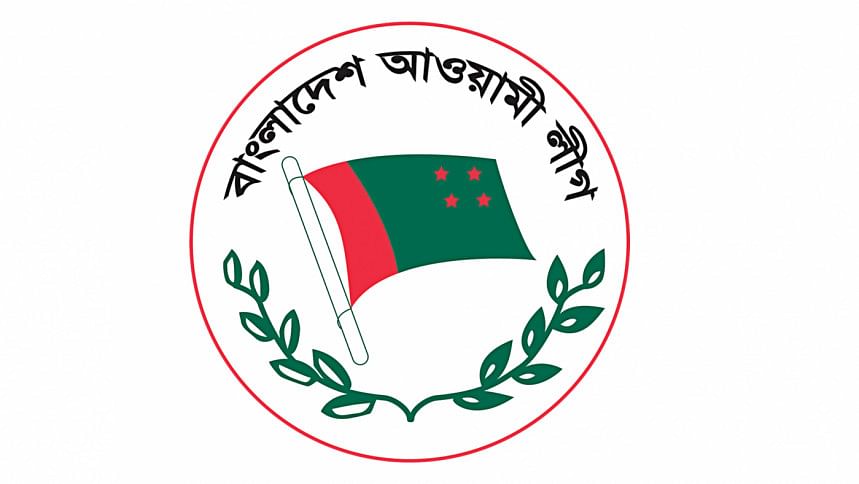
With the ruling Awami League apparently reaching out to some right-wing political parties to forge a bigger electoral alliance, a gap with its left allies keeps widening since the national polls in 2018.
As the parties the AL is trying to woo include the Islamists who have impressive vote banks, its left allies think such coalitions would only mean a deviation from the principles behind the formation of the 14-party alliance.
Democratic values and secularism were the core ideals when the combine came into being during the BNP-Jamaat rule in 2005.
But now, the AL is keen to have ties with Islamist parties keeping the equation of votes in mind, ignoring its ideological partners, said 14-party insiders.
According to some left leaders, it is frustrating that two textbooks of sixth and seventh grades were withdrawn in the face of objections from Islamist groups including Islami Andolon Bangladesh.
The fact that the AL was trying to win the hearts of Islamist forces was also evident earlier when the government brought changes to the textbooks, caving in to the demands of Hefazat-e Islam, they said.
The left partners alleged that the AL has deviated from its promises made in the 31-point reform programmes of the 14-party alliance, adopted on July 15, 2005, and the 23-point minimum common programmes, adopted on November 22 of the same year. A secular and democratic government was the crux of it all.
The AL's left allies at a recent meeting expressed their reservations about its efforts to get closer to Syed Bahadur Shah-led Islamic Front Bangladesh.
To the chagrin of the alliance partners, the AL also communicated with Islami Andolon Bangladesh (IAB), founded by "Charmonair Pir" Fazlul Karim, and expressed its interest to bring the Islamist party into its fold, insiders said.
Over the last four years, the left allies on several occasions were ignored in times of crucial decision-making and denied space in the government though they stood by the grand old party even amid controversies over massive polls irregularities and widespread graft.
Leaders of the left allies say the ruling party turns to its lightweight partners only when it faces a crisis. But when the party formed the government in 2019 for a third consecutive time, they were left out.
Another major factor that frustrates them is that the AL has already started campaigning for the "boat" while keeping its allies in the dark about whether it would take part in the upcoming election on its own or under the banner of the coalition.
Besides, the alliance is currently only Dhaka-based and it has no existence at the grassroots.
On February 25, Workers Party President Rashed Khan Menon at a rally in Rajshahi slammed the Awami League and said the 14-party alliance is "non-functional".
He also said his party would certainly take part in the next election with his party symbol "hammer", not with "boat".
The 14-party was formed in 2005, comprising the 11-party left combine, Awami League, Jatiya Samajtantrik Dal (JSD) and National Awami Party (NAP).
Earlier in 1998, the Communist Party of Bangladesh (CPB), Gono Forum, Workers Party, Bangladesher Samajtantrik Dal (BSD-Khalequazzaman), Bangladesher Samajtantrik Dal (BSD-Mahbub), Gono Azadi League, Gonotantri Party, Bangladesher Samyabadi Dal, Sramik Krishak Samajbadi Dal, Communist Kendro and Gonotantrik Majdur Party formed the 11-party combine.
When the AL forged an alliance with the 11-party in 2005, CPB, BSD (Khalequzzaman) and Nirmal Sen-led Sramik Krishak Samajbadi Dal stayed away. Later, the Gono Forum left the 11-party combine.
Tarikat Federation and Jatiya Party (JP-Manju) joined hands with the 14-party alliance ahead of the 2008 national polls.
Meanwhile, Bangladesher Samyabadi Dal split into three parts -- led by Dilip Barua, Nurul Islam and Harun Chowdhury. Of them, Nurul Islam-led Samyabadi Dal joined the BNP-led 20-party alliance while Harun-led faction decided to took part in the "simultaneous movement" with the BNP and its like-minded parties.
Jatiya Samajtantrik Dal (JSD) also got divided into two -- led by Hasanul Haq Inu and Sharif Nurul Ambia. Of them, Ambia-led JSD left the AL-led alliance.
Tarikat Federation too got split, and the faction led by former secretary general MA Awal is not with the AL.
The Gono Azadi League is mostly missing in political arena since its president Abdus Samad passed away.
Before the last parliamentary election, another new political alliance called "Juktofront" was formed with Bikalpa Dhara Bangladesh, Bangladesh Krishak Sramik Janata League, Jatiya Samajtantrik Dal (JSD) and Nagarik Oikya.
Krishak Sramik Janata League, Jatiya Samajtantrik Dal (JSD) and Nagarik Oikya joined the Jatiya Oikyafront led by eminent jurist and Gono Forum President Dr Kamal Hossain. Bikalpa Dhara participated in the national polls under the banner of Grand Alliance.
The AL took part in the 2008, 2014 and 2018 elections under the banner of Grand Alliance that included the 14 party.
Just before the 2008 election, the Grand Alliance was formed with the Jatiya Party and Mostafa Amir Faisal Mujaddedi-led Zaker Party joining the AL-led camp.
Before the 2018 national polls, Bikalpa Dhara Bangladesh was brought into the Grand Alliance and its candidates contested the election with "boat".
Now with the general election slated for early next year, the AL has started approaching several political parties outside the 14-party combine. It has also begun talks with Kader Siddique-led Krishak Sramik Janata League.

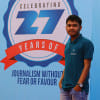
 For all latest news, follow The Daily Star's Google News channel.
For all latest news, follow The Daily Star's Google News channel. 


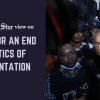
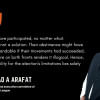

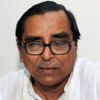
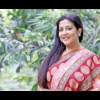


Comments